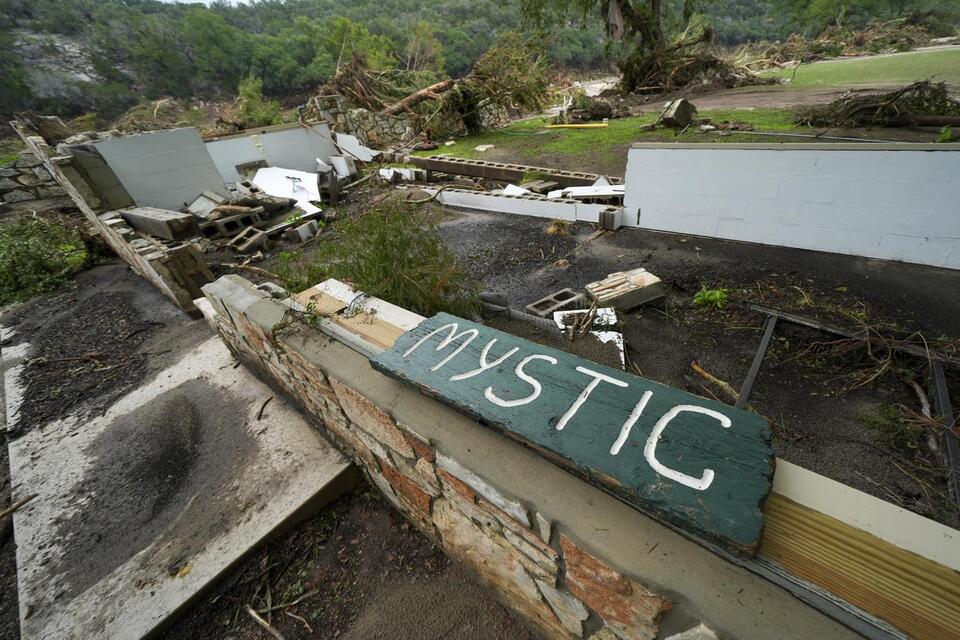Following the devastating floods in Texas, a wave of misinformation has swept through social media, adding confusion to an already tragic situation. In the wake of this natural disaster, both left- and right-wing users have contributed to the spread of false information, further complicating relief efforts.
Liberals have been quick to point fingers at staffing cuts within US weather agencies as the root cause of flawed warning systems. However,
experts emphasize that while funding is crucial for maintaining effective forecasting and emergency response mechanisms, attributing the tragedy solely to budget reductions oversimplifies a complex issue.
On the other end of the spectrum, conservatives have fueled conspiracy theories regarding the floods. Their narratives often stray far from reality, creating additional challenges for authorities working tirelessly to assist those affected by the disaster. Such misinformation not only distracts from critical relief efforts but also undermines public trust in official channels of information.
As rescue teams race against time to locate missing individuals and provide aid to survivors, debunking false claims circulating online has become a pressing concern. Experts stress the importance of verifying information before sharing it on social platforms. By promoting accuracy and accountability in digital spaces, users can play a pivotal role in combating misinformation during times of crisis.
One key aspect highlighted by experts is how misinformation can hinder rescue operations and delay essential assistance reaching those in need. As Dr. Sarah Martinez, a disaster response specialist, explains:
“False rumors circulating online can divert resources away from actual emergencies and impede effective coordination among first responders.”
Moreover, addressing misinformation requires a collective effort involving not just internet users but also tech companies and policymakers. Developing strategies to flag and counter false narratives is essential for safeguarding public safety during emergencies like natural disasters.
In conclusion, amidst the devastation caused by Texas floods, sorting fact from fiction is paramount for facilitating efficient response efforts and ensuring accurate communication with affected communities. By fostering a culture of responsible information sharing and critical thinking online, we can help mitigate the harmful impacts of misinformation during crises.

